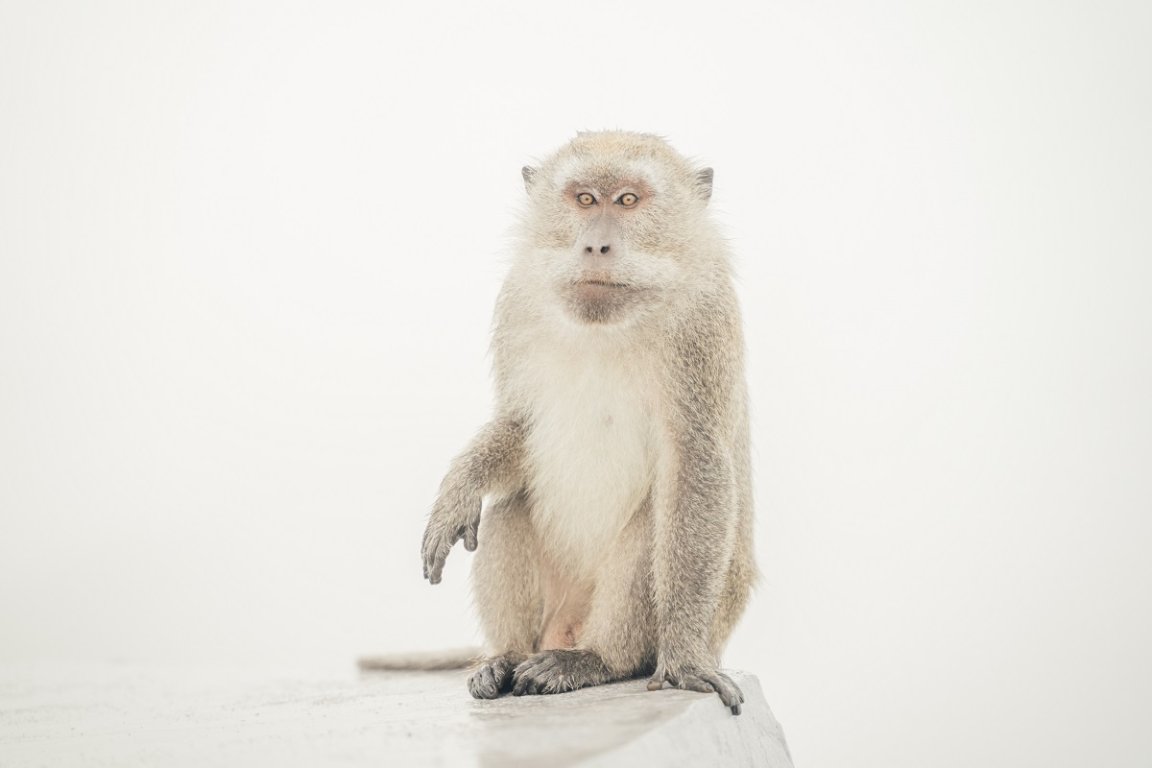
The behind the scenes details of Neuralink’s grisly monkey experiments just keep getting worse.
Now, a followup investigation by Wired reveals that a Neuralink implant “deformed and ruptured” the brain of one female macaque, after an experiment caused severe cerebral swelling.
The trials, conducted at the California National Primate Research Center (CNPRC) at UC Davis by Neuralink scientists, had left the seven-year-old monkey with “severe neurological defects.”
After noting the severity of its brain swelling, the researchers realized that the primate was terminal. But instead of easing its suffering, the scientist overseeing the experiment insisted the monkey be kept alive another day.
Its final 24 hours were torturous. Per documents obtained by Wired, the monkey seized and vomited, lost control of her right leg, and shook uncontrollably. It also appeared to have trouble breathing, scratching at its throat and gasping for air.
A postmortem revealed the extent of the damage. Leaked adhesive from the implant had inflamed the part of the brain that secretes cerebrospinal fluid. The effects were so severe that the rear of the monkey’s brain protruded from its skull, though how the cavity was created is unclear.
But as bad as all this sounds, we may still not even know the half of it, as the photos that document the trials are being kept secret, Wired adds.
Ethics groups like the Physicians Committee, which sued UC Davis, have been pressing for the release of hundreds of photos documenting Neuralink’s grisly brain implant experiments. As a public institution, the committee argues, UC Davis has an obligation to transparency. So far, this has been to no avail.
Questions about whether animals should be made to suffer for research that could one day benefit humans often haunt biomedical research.
It’s a thorny issue, but it does sound as though UC Davis and Neuralink — like many of Musk’s ventures — has pushed norms to the brink and leveraged aggressive tactics to keep the research quiet. For example, even though the brain rupturing incident with the macaque was acknowledged as a violation of the US Animal Welfare Act by federal regulators, Wired says the CNPRC preempted being legally implicated by self-reporting the violation.
“If you want to split hairs,” an anonymous former Neuralink employee told Wired, “the implant itself did not cause death. We sacrificed her to end her suffering.”
This only scratches the surface of the legal tricks being used to withhold the potentially damning photos. We won’t wade too far into the weeds here, but the most important argument used by UC Davis is that the public is simply unequipped to properly interpret the photographs.
By extension, the institution claims that backlash caused by the content of the photos would not only endanger the scientists, but discourage them from taking such photos in the first place.
But this issue is bigger than Elon Musk’s Neuralink, UC Davis, or the CNPRC. They’re undoubtedly not the only bodies out there conducting questionable tests on animals, and the Physicians Committee has vehemently argued that the public has a right to know the nature of any animal testing funded by taxpayers.
That certainly doesn’t exonerate Neuralink from wrongdoing, however, and its publicity — and that of its eccentric owner — quite rightly invites further scrutiny, its opponents argue.
“Disclosure of the footage is particularly important because Neuralink actively misleads the public about, and downplays the gruesome nature of, the experiments,” an attorney representing the Physicians Committee in the lawsuit told Wired.
Nevertheless, the negative press hasn’t deterred Neuralink going ahead with human trials — though the outcome of the Physician Committee’s lawsuit may cast a long shadow over those experiments.
More on Neuralink: Terrible Things Happened to Monkeys After Getting Neuralink Implants, According to Veterinary Records